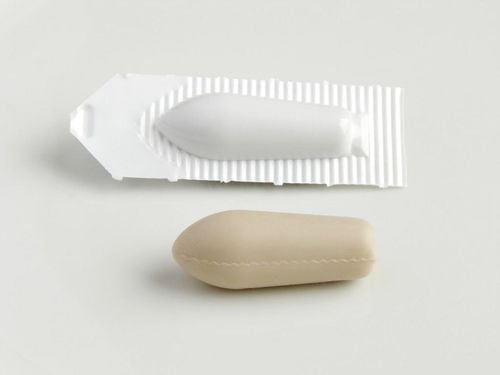Levodropropizine is prepared in the form of Levodropropizine, a medication used to treat coughs. Understanding its effects, dosage and proper use can help patients achieve effective treatment.
1. Uses of Levodropropizine
Levodropropizine is classified as an antitussive drug. It is used to treat, manage, and prevent coughs in both children and adults. Additionally, it can be used for the treatment of acute and chronic bronchitis. The medication is available in both tablet and syrup forms, providing equivalent effects.
2. How to use and dosage of Levodropropizine
2.1. How to use
When taking the syrup, patients should consume it on an empty stomach and follow the instructions provided on the medication label.
2.2. Dosage
- Adults: Use 60mg/time, 1-3 times/day, for no more than 7 days;
- Children over 12 years old: Use 60mg/time, 1-3 times/day, for no more than 7 days;
- Children over 2 years old: Use 1mg/kg/time, 1-3 times/day, for no more than 7 days.
The dosage mentioned is the typical amount for patients. Patients can use other doses as specifically prescribed by the doctor. In case of an emergency or overdose, it is crucial to seek immediate medical assistance or go to the nearest healthcare facility.
If you forget to take a dose, take it as soon as you remember. However, if it is close to the time for your next dose, skip the missed dose and continue with your regular dosing schedule.

3. Side effects when using Levodropropizine
Some side effects that patients may experience when using Levodropropizine include:
- Digestive system: Nausea, vomiting, heartburn, diarrhea, indigestion;
- Central nervous system: Fatigue, drowsiness, nervous breakdown, headache, dizziness, coma;
- Circulatory system: Tachycardia;
- Skin: Skin allergy (rare).
4. Precautions when using Levodropropizine
Before using Levodropropizine, patients should pay attention to:
Please inform your doctor immediately if you are allergic to Levodropropizine or if you have any of the following conditions: mucus hypersecretion, limited cilia function, bronchial hypersecretion, severe liver failure, severe heart failure or a history of severe kidney failure.
For pregnant and lactating women: There is currently insufficient research to determine the risks associated with using this medication. Therefore, it is essential to consult a doctor before taking it to weigh the potential benefits against the risks.
For children under 2 years old: A doctor's permission is required before administering Levodropropizine.
For people whose work requires concentration, caution should be exercised, as Levodropropizine may affect the nervous system.
5. Levodropropizine drug interactions
Drug interactions can alter the effectiveness of Levodropropizine or increase the risk of side effects. Patients should inform their doctor about any medications they are currently taking. It is especially important only to use medications arbitrarily or change dosages with a doctor's approval.
Drugs that may interact with Levodropropizine include sleeping pills, sedatives, and antihistamine sedatives. Levodropropizine may enhance the effects of sedatives and pain relievers.
Levodropropizine is a cough suppressant that acts peripherally to relieve dry cough. Patients should adhere to their doctor's instructions regarding dosage and duration of use to ensure a quick recovery and minimize the risk of complications.
To arrange an appointment, please call HOTLINE or make your reservation directly HERE. You may also download the MyVinmec app to schedule appointments faster and manage your reservations more conveniently.













